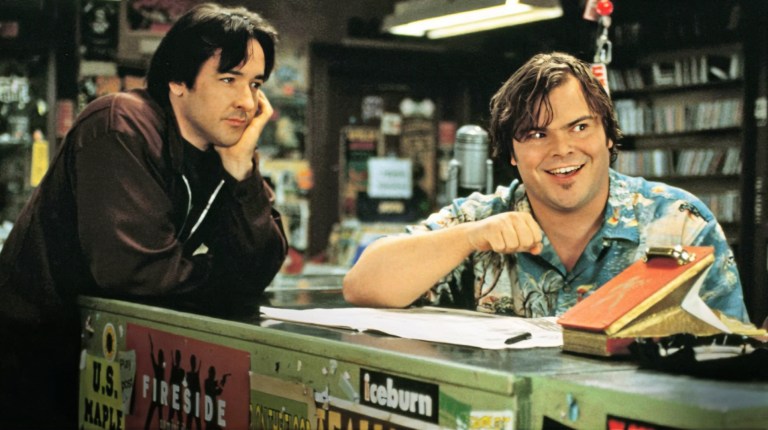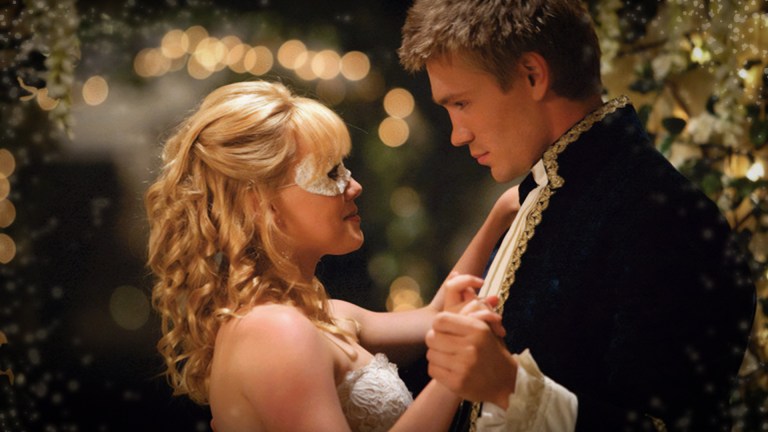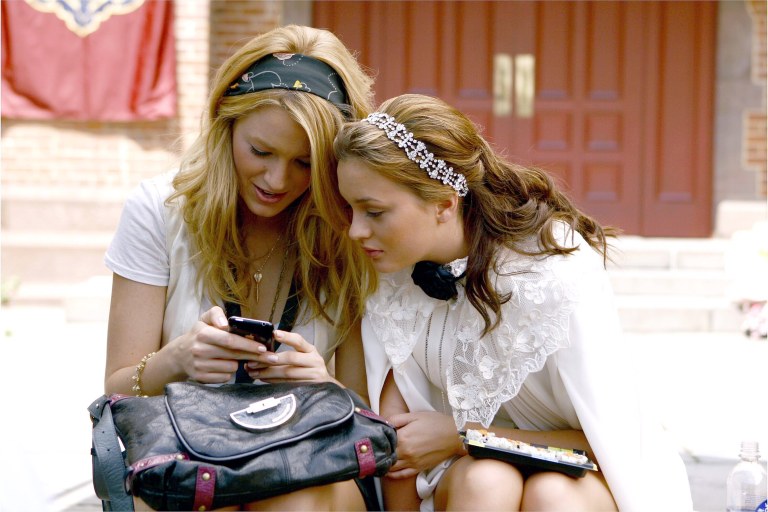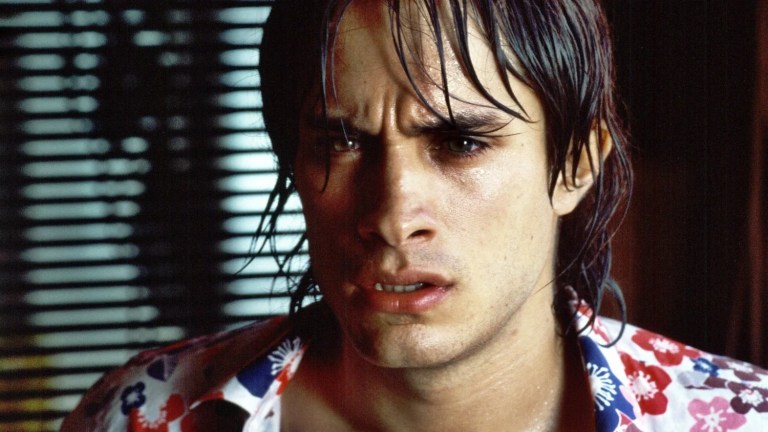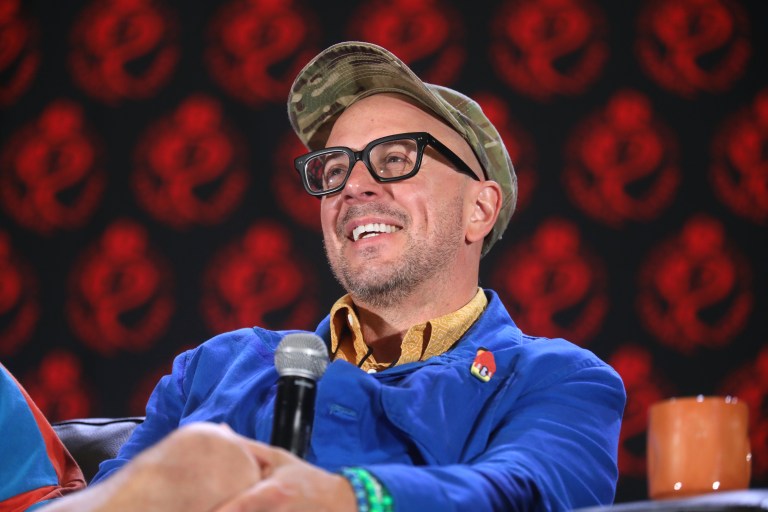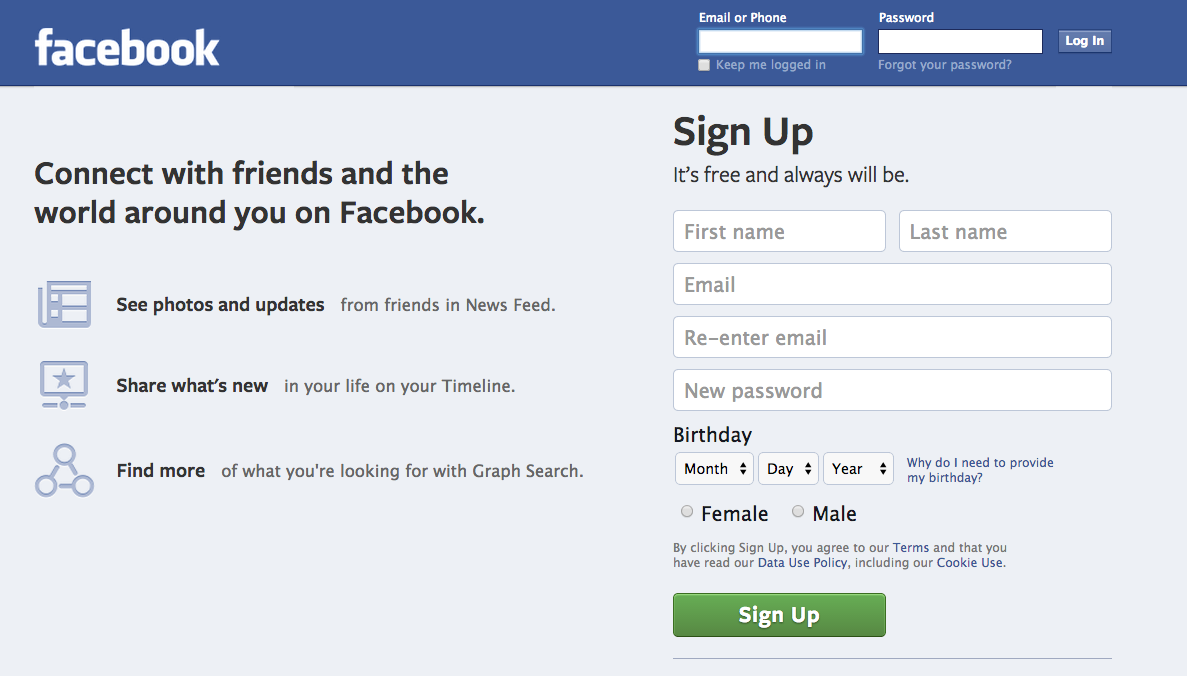
I Spent A Year Without Facebook And Here’s What I Found Out
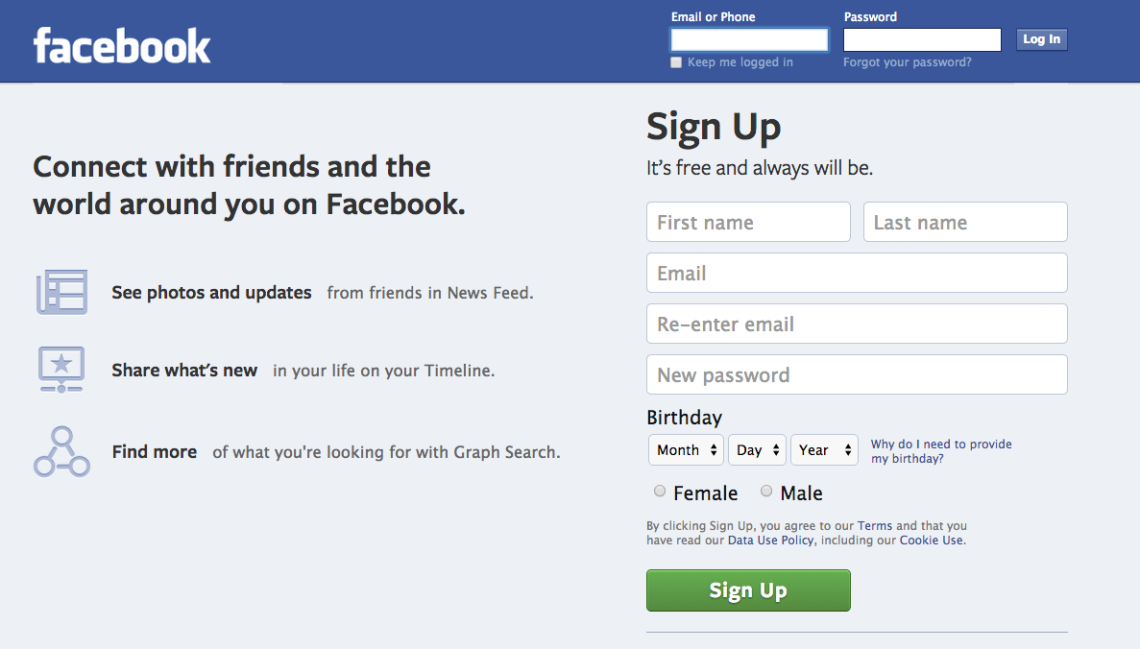
One year ago to the date, I deleted my account with Facebook “permanently.” I’m told it still exists in their database along with everything I’ve ever posted, in case Zuckerberg gets bored I guess. But as far as my life is concerned, it hasn’t existed for the last 365 days. No poking, no liking, no birthday reminders, no wall posts, no nothing.
Part of me wanted to get off the grid. There are a billion people on Facebook, and I romantically liked the idea of disappearing. But I was also very unhappy. It felt like I wasn’t doing anything with my life. I was checking to see if I had notifications several times per day, obsessively posting and then deleting my own stuff, and scanning through an endless stream of photos and status updates from my peers on a Friday night thinking, “I’m a loser.” I’d found myself collecting “friends” like stamps, and counting notifications as awards. It got to the point where I’d had enough. I felt like I’d been hardwired to invest all my time in this pot of nothingness.
When I made this decision last August, it felt like the most liberating thing on the planet. I’d officially disappeared, but my world quickly became very, very, quiet. I wasn’t as well connected in my own social scene. Friends had to use the phone to call me and make plans—sick, I know. Facebook also connects people who otherwise may not have stayed in contact—and so, inherently, you become more of a burden to get in touch with for distant friends or acquaintances. “For some reason I can’t find your profile?”
Then came the regret. Some time had gone by, and I still wasn’t happier. It became clear to me just how intertwined social media has become with the workplace. Here I was, a year from being out in the real world after college, and I’d just deleted a perfectly reasonable networking tool. Not only that, but what would my prospective employer think of me when she found out I hadn’t a Facebook account? Uh-oh. Should I pull a George Costanza and return to the Facebook party like I’d never left? “Hah! You thought I was serious?”
As time went by things slowly got better. My friends adjusted, and I made a conscious effort to keep in touch with the people I wanted to keep in touch with. For every person who fell into a fit of twitching confusion when I told him or her that I’m Facebook-less, there was someone who commended me for it. I’d hear, “I wish I could do it too, but reason x or reason y.” I haven’t done a study on this but I would bet that most people, who do not have Facebook, never have. It’s becoming increasingly hard to even process not being a part of it. But the question remains: If quitting Facebook didn’t solve my Facebook issues, then who’s to blame?
ME. Well, sort of. It’s both my fault (the user) and Mark Zuckerberg’s (the creator). When I deleted my account a year ago, I pictured Zuckerberg as this fanged lizard with a forked tongue whispering, “Yes, that’s it…come socialize…mwahaha!” But I don’t think he created Facebook with malice. I don’t think he’s a super-villain from the future who’s returned with the technology to destroy the human race in the most gradual way possible. Facebook isn’t what’s making us collectively unhappy, WE are making each other unhappy. By gossiping…by judging…by assuming we know things about people…by stressing the importance of “What sets you apart from the rest?” instead of “What makes you human?” Facebook could not exist without us, and so the problem cannot lie with it exclusively. We are the blood that pumps through its fiber optic tubes, and if we change the way we approach the idea of “social media,” its impact will change in tandem.
The world is sort of a mess right now, with cringe-inducing headlines being thrown out each day. The most readily resolvable problem is how we choose to treat each other. Deleting Facebook will not delete your problems because only you can do that. ![]()
